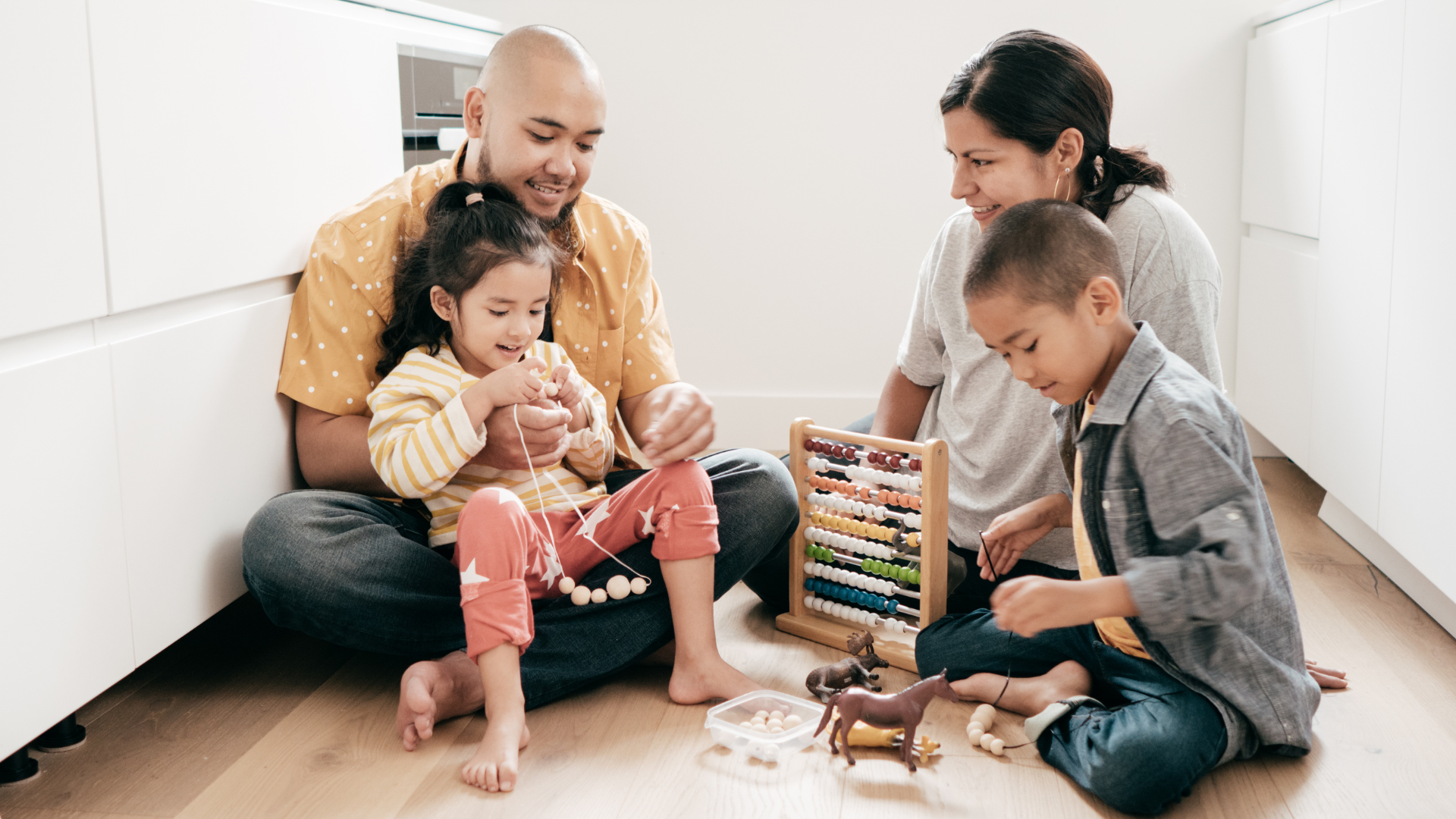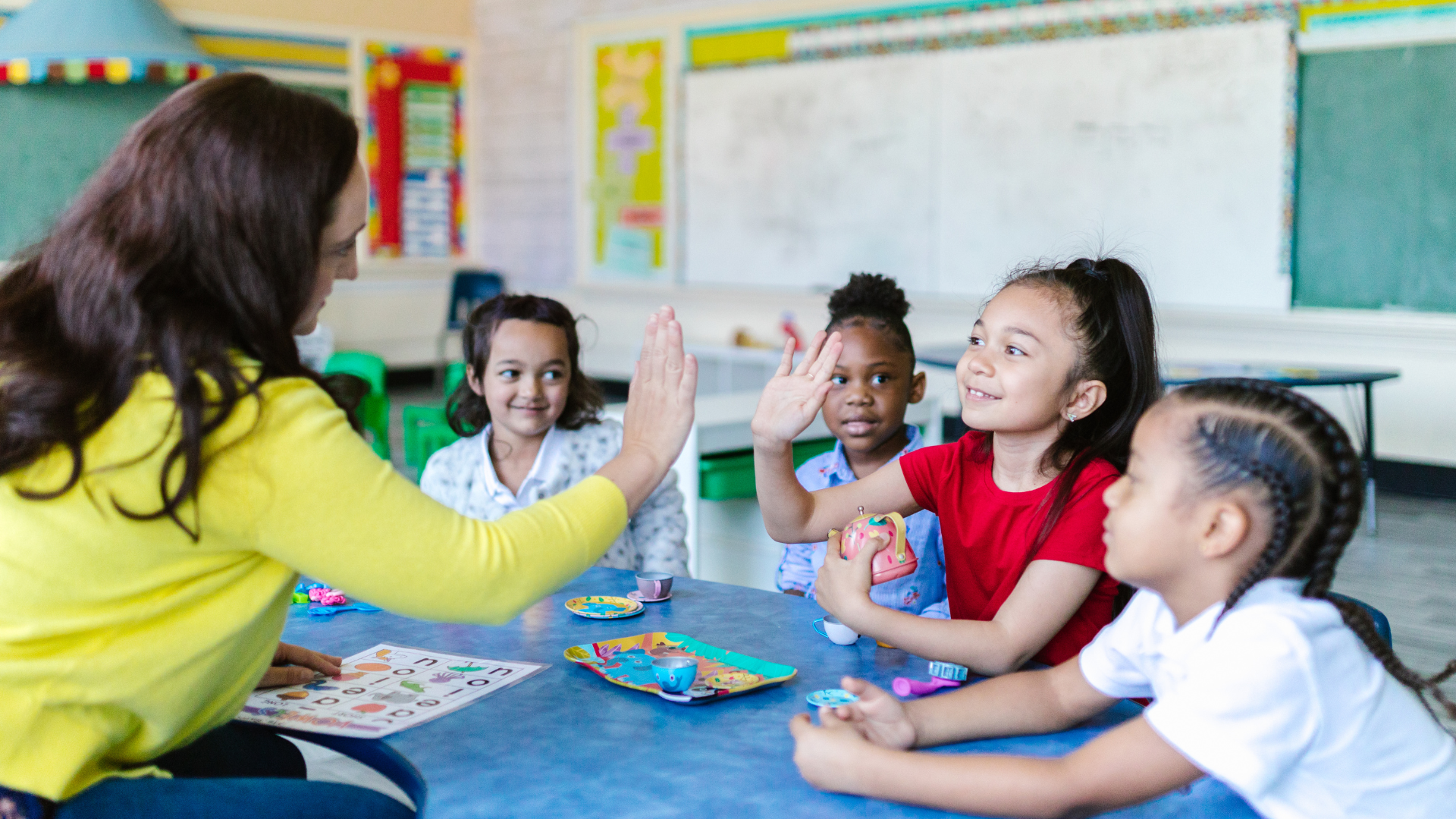
Parents of ADHD kids need to communicate in a way their child will understand. Some kids will talk in big sentences like adults, but when parents pause to start thinking about how to respond, they stop listening. For ADHD kids, parents need to listen for longer and emphasize keywords when listening.
Although it may be hard for some parents to accept, ADHD does not go away overnight, so there is no quick fix for their kids. To learn what to do when your child exhibits signs of ADHD, take a look at this list:
Establish expectations
Communication strategies can be challenging for parents of children with ADHD. These children often have difficulty listening, paying attention, and focusing on instructions and directions. While some parents use verbal and nonverbal cues, others find it helpful to make expectations clear. Developing clear communication strategies, including setting expectations, will help your child listen and respond appropriately.
Give feedback
Parents of kids with ADHD will make mistakes, but they are often unaware of how their actions impact on their kids. They may say something unintentionally that hurts a child’s feelings. Instead of admitting their error, they focus on punishment, resulting in more confusion. And instead of focusing on the behavior, they want to stop; they focus on everything the child does that the child wants to avoid.
Accept responsibility
So even if you have ADHD, you cannot blame your kids for inherited ADHD; rather, take responsibility for your parenting and use certain communication strategies to manage household stress, avoid parenting burnout, and increase kids’ motivation.
Develop your own communication style
Developing your own communication style is crucial, especially for parents of children with ADHD who may face challenges in effectively communicating with their kids. While it’s a common misconception that ADHD children cannot pay attention or express their needs, implementing communication strategies is vital to ensure these children receive the support they require. If you find that your child is struggling to communicate effectively, seeking help from experts at CASRF or similar foundations dedicated to helping children improve their communication skills can be beneficial. These experts can provide guidance and support tailored to your child’s needs, assisting both you and your child in developing effective communication strategies.
Use simple language
Imagine you are a teacher. The parents that show up to parent-teacher conferences for their children often are frustrated with their ADHD child’s behavior in the classroom. Yet those same parents are often frustrated at home as well. You observe this often, from your child’s behavior to the parent-teacher conferences, to the way parents interact with their child while at home. What you may not see is the language used by the parents that shows up in the classroom. A simple turn of phrase can have an enormous impact.
Keep plenty of warming
Communication is a skill that parents learn as they raise their children. But parents of kids with ADHD have an additional challenge. In addition to the typical challenges of parenting, parents with ADHD often face unique challenges when it comes to communication with their kids. If this sounds like you, it can be helpful to understand how ADHD affects communication and how you might adapt your communication strategies to the situation.
Parents who have ADHD kids cannot always control their behaviors, but they can control how they communicate with their kids. While you cannot change your child’s ADHD diagnosis, you can learn how to communicate with them more effectively.
If you have a child or teenager who has ADHD, you know how challenging their behavior can be to deal with. While ADHD gives kids the attention span of a squirrel on a sugar high, it can also cause kids to act out in ways that make parents want to pull their hair out. Many parents seek guidance and coaching to help them deal with the behaviors of their ADHD children, and many ADHD coaches speak about strategies that parents can use to help their kids behave better.
Many parents struggle to get their kids with ADHD to engage in healthy behaviors. These kids may be hyperactive and impulsive, making it difficult for them to complete schoolwork or follow directions. While kids with ADHD usually outgrow these behaviors by puberty, some kids will struggle with these behaviors into adulthood. As a parent, you are likely looking for ways to help your child. One idea is to use strategies similar to those used with adults with ADHD.




